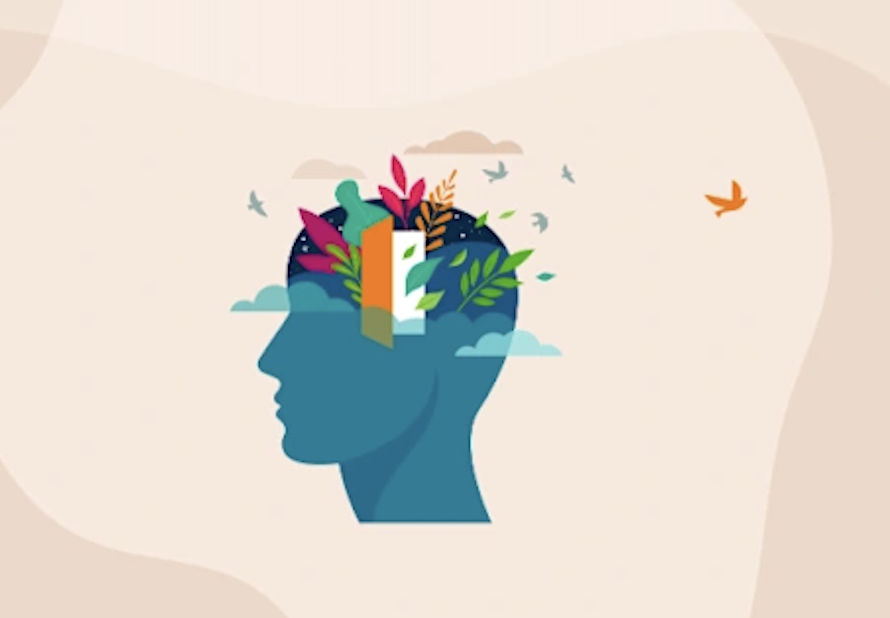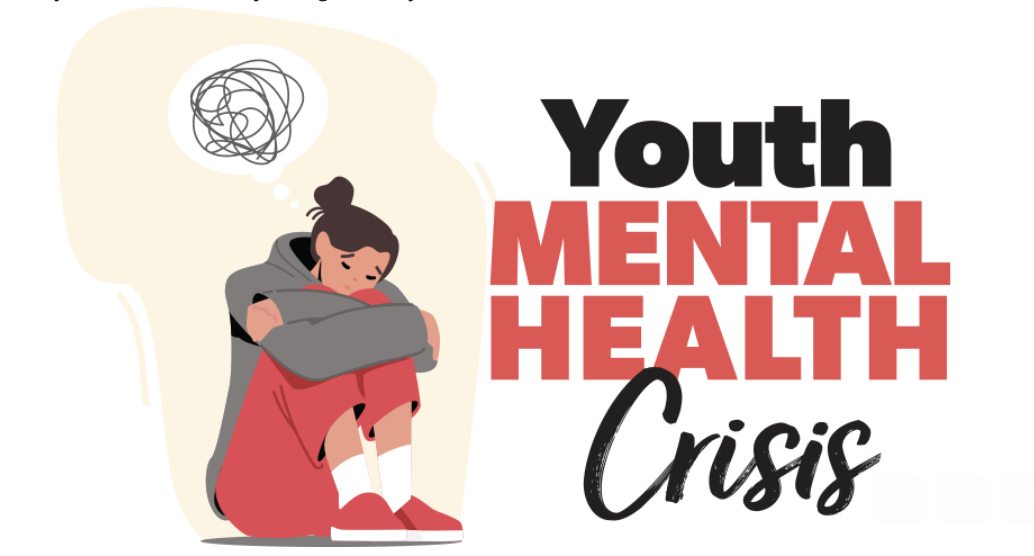Dementia is a condition that affects millions of people worldwide, presenting significant challenges for individuals, caregivers, and global healthcare systems. Central to understanding dementia as a whole is working to recognize the profound detriment it poses to our brain on both the structural and functional level.
Firstly, it is important to acknowledge that dementia isn’t one disease; it’s a collection of symptoms that an individual may experience if they are living with neurodegenerative diseases, including but not limited to Alzheimer’s or Huntington’s. Symptoms of dementia all effectively work together to impair cognition, impacting the quality of day-to-day life and affecting one’s behavior and ability to function independently.
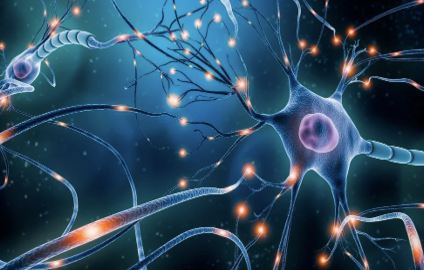 Imagine your brain as a supercomputer, with billions of tiny cells called neurons that send messages to each other. These messages control everything we do, from remembering our favorite childhood memories to making decisions about what to eat for dinner. But for those living with dementia, something in the process goes critically wrong, and these messages get jumbled up or even completely lost.
Imagine your brain as a supercomputer, with billions of tiny cells called neurons that send messages to each other. These messages control everything we do, from remembering our favorite childhood memories to making decisions about what to eat for dinner. But for those living with dementia, something in the process goes critically wrong, and these messages get jumbled up or even completely lost.
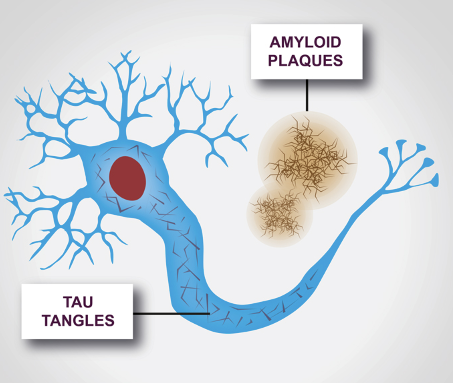
One of the main culprits behind this is a buildup of abnormal proteins in the brain. These proteins, called amyloid plaques and tau tangles, clog up the brain’s neural pathways, making it difficult for messages to get through. It’s like trying to drive down a road littered with potholes in the middle of a traffic jam – everything is bound to slow down and ultimately become chaotic.
As a result, our brain starts to shrink in size and lose its ability to function properly. The parts of the brain responsible for memory, reasoning, and problem-solving are particularly affected, explaining why people with dementia often struggle to remember things, make decisions, and carry out tasks like getting dressed or cooking a meal.
But it’s not just the structure of the brain that’s affected by dementia – the fundamental way it operates is also greatly disrupted.
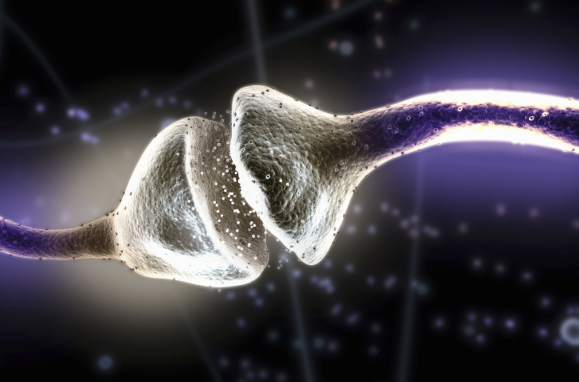
Neurotransmitters, the chemical “messengers” that help neurons communicate, are severely imbalanced within those who are experiencing dementia. This further serves to impair the brain’s ability to process information and react accordingly; the basis of living as we know it.
In addition to these various physical and chemical changes, dementia also diminishes the brain’s capacity to adapt and learn new things with experience. This innate ability of our brain is known as neuroplasticity, and it’s essentially what allows for our brains to grow and develop throughout our lives. However, in dementia, neuroplasticity is hindered, making it all the more difficult for the brain to compensate for the cognitive damage it’s experiencing as a result of dementia’s other symptoms.
 Due to these changes, people with dementia may experience a wide and variable range of symptoms, including memory loss, confusion, difficulty speaking or understanding language, and noticeable alterations in mood or behavior. These symptoms can change depending on the type of dementia and the predominant areas of the brain that are affected by it.
Due to these changes, people with dementia may experience a wide and variable range of symptoms, including memory loss, confusion, difficulty speaking or understanding language, and noticeable alterations in mood or behavior. These symptoms can change depending on the type of dementia and the predominant areas of the brain that are affected by it.
While there’s currently no definitive cure for dementia, researchers are working tirelessly to understand how it affects the chemistry of the brain and to develop new treatments that may help slow down its progression or reduce the impact of symptoms. In the meantime, however, early diagnosis and intensive support are key to helping people with dementia live as well as possible for as long as possible.
In conclusion, dementia is a complex condition that affects the brain in profound ways that we still aren’t close to fully mapping out and comprehending. However, by working towards better understanding how it affects the brain, we might be able to support those living with dementia and pave the way towards finding more effective treatments in the future.
Sources:
- https://www.alz.org/alzheimers-dementia/what-is-dementia#:~:text=Risk%20and%20prevention-,About%20dementia,caused%20by%20abnormal%20brain%20changes
- https://www.mayoclinic.org/diseases-conditions/dementia/symptoms-causes/syc-20352013
- https://www.pennmedicine.org/news/news-releases/2023/july/dementia-twice-as-likely-in-individuals-with-depression
- https://www.everydayhealth.com/dementia/how-dementia-affects-the-senses-and-what-that-means-for-caregivers/




